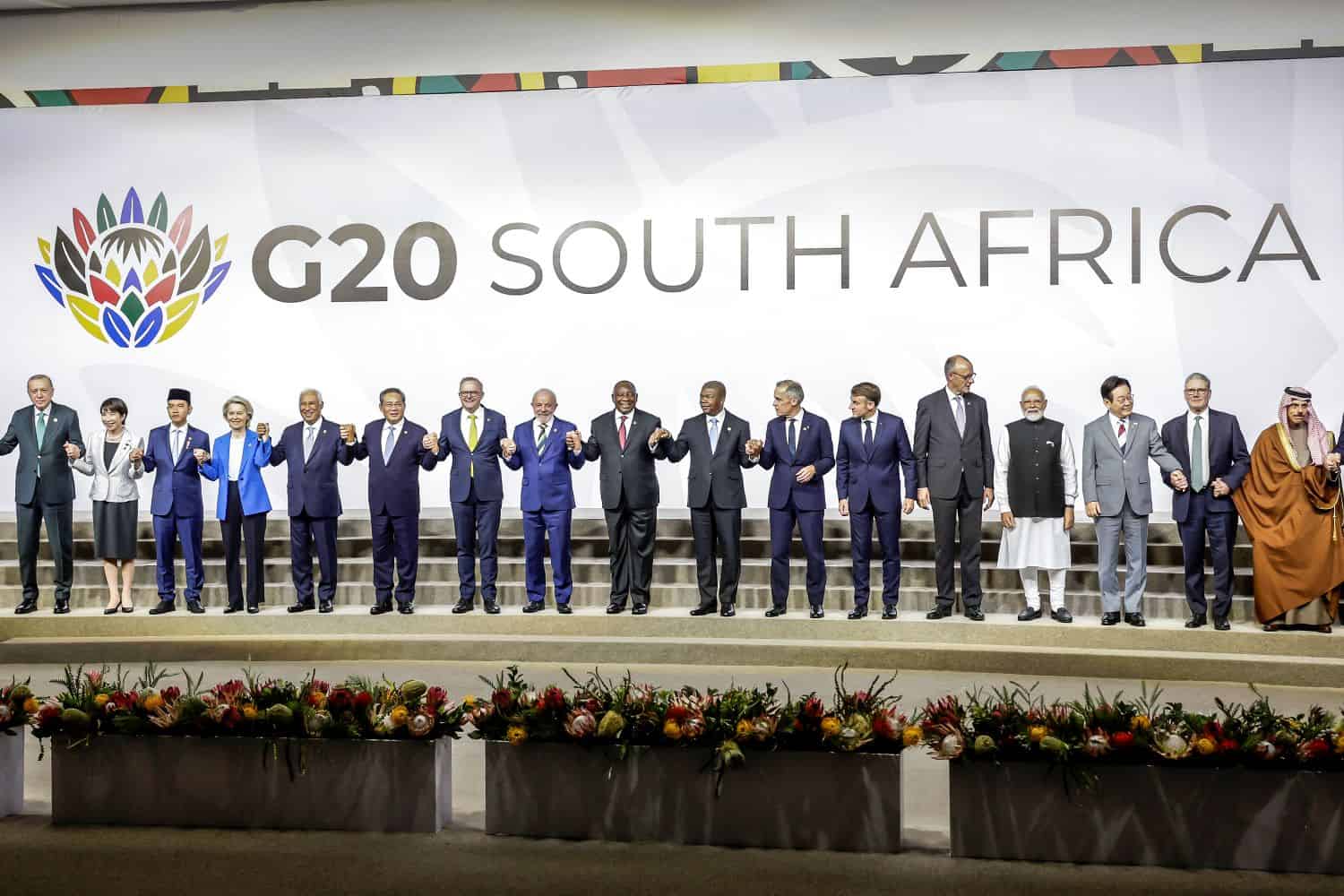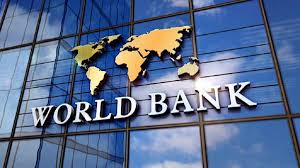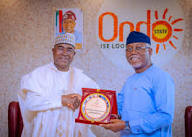
The G20’s adoption of a leaders’ declaration on the opening day of the 2025 Johannesburg summit came as a notable surprise to many, says a political analyst.
Theo Neethling from the University of the Free State told The Citizen on Sunday that there were concerns about adopting this declaration, especially amid South Africa’s tensions with the United States (US), which will host the next G20 presidency.
Neethling said the dynamics behind this outcome reveal important shifts in global diplomacy.
“For one, the host nation under President Cyril Ramaphosa held an unusually firm line, insisting throughout the year that South Africa would not be bullied,” he said.
Neethling said Pretoria used its G20 presidency to advance an agenda closely aligned with the priorities of the Global South: climate resilience, debt sustainability, and greater local beneficiation of critical minerals.
“These themes resonated strongly with many member states and guest countries, helping to build a broad coalition ahead of the summit.
ALSO READ: ‘Argentina cannot support G20 Leader’s Summit declaration’ – Foreign Minister says [VIDEO]
“A further enabling factor was the extensive preparatory work by envoys, who had already produced a detailed draft declaration running over 100 paragraphs before leaders even arrived,” he said.
Neethling said this pre-negotiated text reduced uncertainty and eased the path to consensus.
“The declaration’s successful adoption – despite overt US pressure – was widely read as proof that multilateral cooperation remains possible even in the face of resistance from a major global power,” he said.
Trump vs NATO partners
According to Neethling, all this happens against a backdrop in which Donald Trump has increasingly alienated large parts of Europe.
“His confrontational approach to NATO, his insistence that he would not necessarily defend European allies, and his open scepticism about the US commitment to collective defence have cast serious doubt on Washington’s reliability.
“Already in his first term, Trump’s repeated accusations that European NATO members were not paying their share strained relations with long-standing partners such as Germany, France and Canada.
“While Europe had been under pressure to boost defence spending even before Trump, his rhetoric was unusually blunt – at times confrontational, even demeaning. Beyond NATO tensions, Trump’s tariffs on European exports and his dismissive posture toward multilateral institutions deepened European mistrust.
ALSO READ: ‘There’s no reason why SA should not participate in G20 Summit in US’ – Dirco
“Although certain Eurosceptic and nationalist parties have viewed him as an ideological fellow traveller, the dominant pattern in transatlantic relations has been one of heightened tension and widening estrangement.
“His refusal to treat the EU as a strategic ally, combined with tariffs on European steel and aluminium, cemented the perception that the US under Trump had abandoned its traditional role as a predictable economic partner.”
Multilateral governance
Neethling said these strains were amplified by fundamental disagreements over the future of multilateral governance.
“Trump’s scepticism toward global institutions – the WTO, WHO, the Paris Climate Agreement and other-stood in stark contrast to the EU’s instinctive support for multilateralism.
ALSO READ: Ramaphosa: Better the devil you know
“European leaders saw his stance as a setback for the rules-based order and the predictability on which global politics depends. To be sure, not all European leaders are anti-Trump. Certain political groupings – especially conservative, nationalist, or populist parties – have viewed him sympathetically.
“But at the Johannesburg G20 summit, the overwhelming majority of Western leaders opted to reinforce multilateralism and the G20’s collective work, underscoring a broader sense that the international system cannot be held hostage to the political priorities of any single power,” he said.
A close look at the declaration
In the declaration the world leaders said: “We, Leaders of the G20, who gathered in Johannesburg, South Africa, for this historic first Summit on the African Continent under the South African G20 Presidency, on 22 and 23 November 2025, addressed major global challenges and discussed ways to promote solidarity, equality, and sustainability as key pillars of inclusive growth.
“For the first time, G20 Leaders have convened in Africa. In the spirit of Ubuntu, we recognise that individual nations cannot thrive in isolation. The African philosophy of Ubuntu, often translated as “I am because we are,” emphasises the interconnectedness of individuals within a broader communal, societal, economic, and environmental context.
“We understand our interconnectedness as a global community of nations and reaffirm our commitment to ensure that no one is left behind through multilateral cooperation, macro policy coordination, global partnerships for sustainable development and solidarity,” said the leaders.
They further said: “We meet against the backdrop of rising geopolitical and geo-economic competition and instability, heightened conflicts and wars, deepening inequality, increasing global economic uncertainty and fragmentation.
“In the face of this challenging political and socio-economic environment, we underscore our belief in multilateral cooperation to collectively address shared challenges.
“We note with distress the immense human suffering and the adverse impact of wars and conflicts around the world.
NOW READ: Billions shifted to stop union shutting down G20 summit



